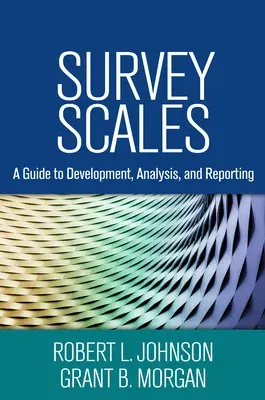Robert L Johnson
(Author)Survey Scales: A Guide to Development, Analysis, and ReportingHardcover, 2 August 2016

Qty
1
Turbo
Ships in 2 - 3 days
In Stock
Free Delivery
Cash on Delivery
15 Days
Free Returns
Secure Checkout

Print Length
269 pages
Language
English
Publisher
Guilford Publications
Date Published
2 Aug 2016
ISBN-10
1462526977
ISBN-13
9781462526970
Description
Product Details
Authors:
Book Format:
Hardcover
Country of Origin:
US
Date Published:
2 August 2016
Dimensions:
23.62 x
16 x
2.29 cm
ISBN-10:
1462526977
ISBN-13:
9781462526970
Language:
English
Pages:
269
Publisher:
Weight:
566.99 gm